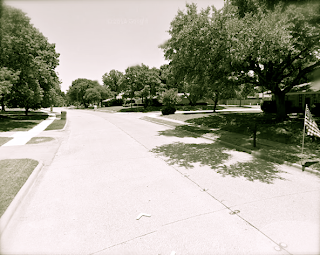I would not say that saktra never feels loneliness, but that they experience both solitude & communion in a uniquely different way. Nirshsaktra-communion is based on a constant flow of subtle agreement-signals. Saktra communion can be triggered by as little as a single agreement (rated on a scale according to how significant the thing agreed-upon may be). If a space alien KESFANGE were also a chess player, i would count them kin.
Solitude for the one is default, as communion is for the other. Thus, as there is a word for the undesirable-solitude ("loneliness") of nirshsaktra, there should be a word for the undesirable-communion ("overcrowding" doesn't quite get it) of saktra. MALKANSA in Lojban, or even 'chaotic being-with' KALSA KANSA.
A principle which the two share: harmony (Lojban: KA SARXE). Even harmony, however, is defined in different ways. For saktra it is non-interference. For nirshsaktra it is single purpose. A group in which each member is in competition with the rest may seem to be defined by their mutual disconnection, but actually they all serve the same end, which is maximizing one's share (compare with a goal of only just having enough for each member).
Struggles for territory (TUTRA TE DAMBA), though often bloody, are universally considered an unalterable state of affairs--in an age of many dispersed groups ("blixen") this takes the form of policing membership-definitions; more radical, & therefore more threatening, is a heresy that questions the basis of the group (SE GIRZU). Here is where authority-basis-principles ("abskrelg" or TE CATNI JICMU) enter in. One can dispute the succession of a lineage-authority, the veracity of a leader-authority, the accuracy of an empirical-authority, or the worthiness of the beloved.
These heresiarchs, therefore, comprise the loneliest of nirshsaktra; & nothing can matter to them more, than to acquire followers. Saktra, adhering to the maxim "Neither a follower nor a leader be," often misunderstands this whole dynamic as a question of ascertaining the "truth." It is nothing of the sort. it is only the intolerable extremity of nirshsaktra in saktra's shoes. --Si eppur muove.





